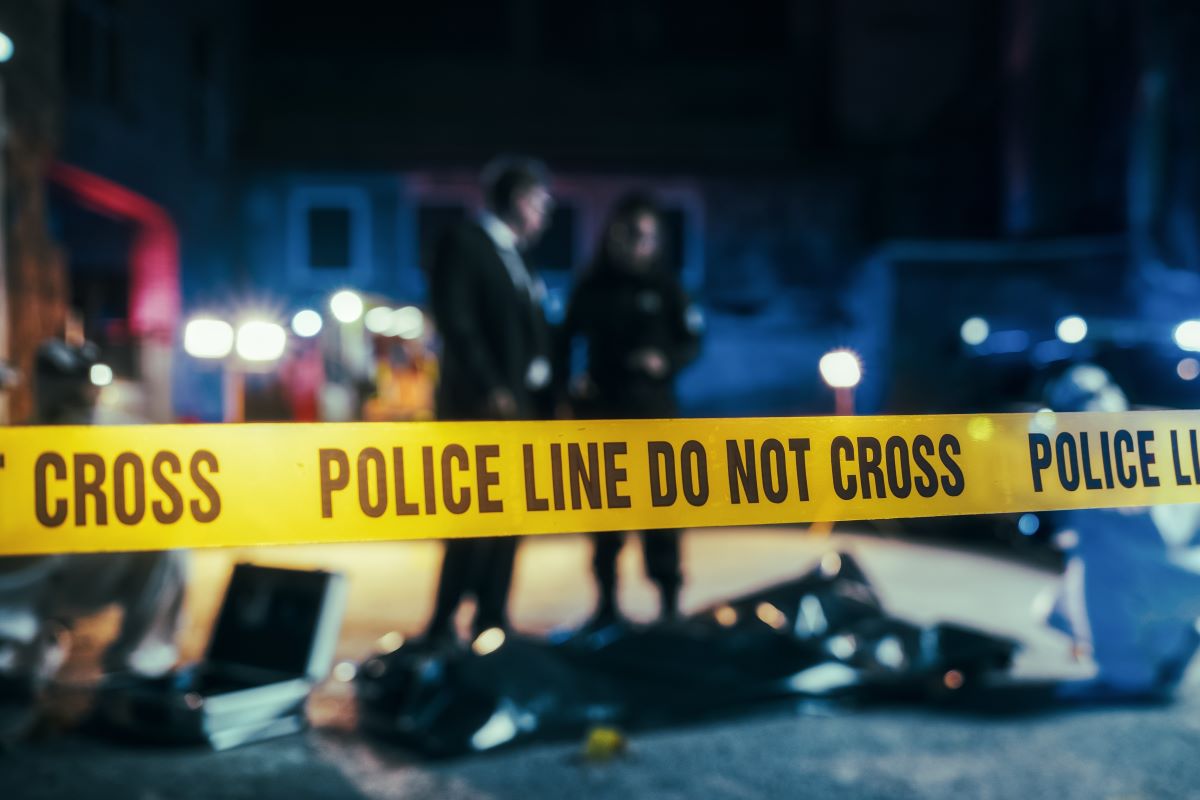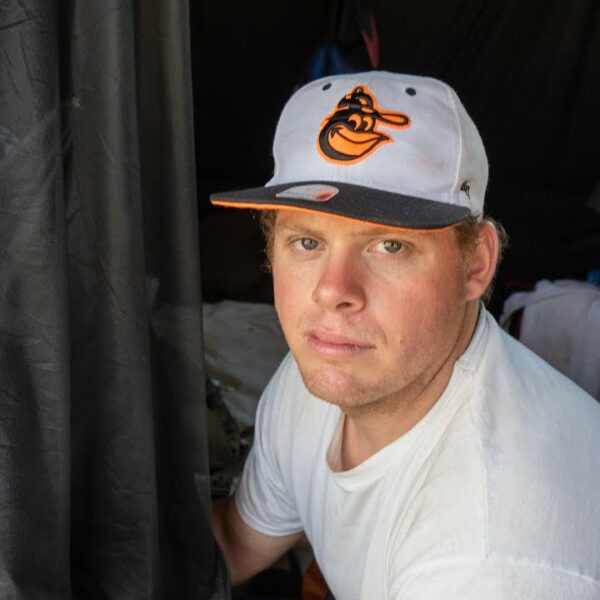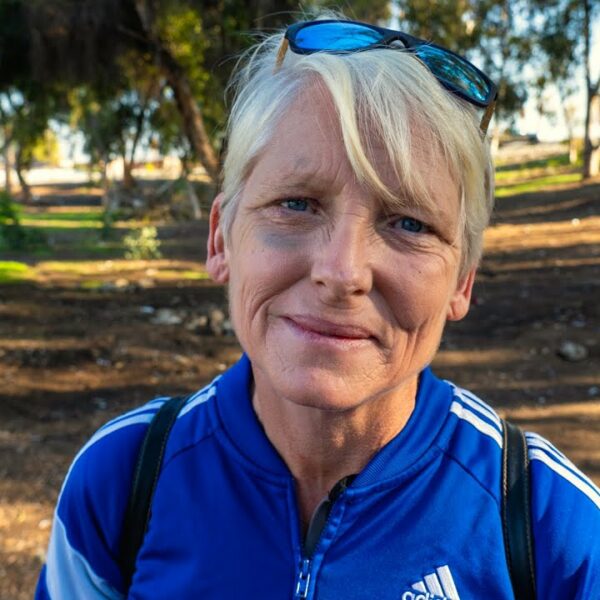Trigger Warning: This article contains graphic depictions of violence against homeless people and homeless deaths due to the criminalization of homelessness.
Approximately 20 homeless people die each day, but probably not for the reasons you’d expect. Many of these deaths are gruesome, violent, and, perhaps even more tragically, encouraged.
A growing trend of criminalizing homeless people creates an unfathomably hostile environment for our neighbors without walls. In extreme cases, it is costing them their lives.
Violence against homeless people continues to increase. At times, these violent encounters, which usually begin as harassment, sexual assaults, or robberies, end in the death of the homeless person.
This is the side of homelessness you rarely read about in the press. Homeless people are dying via hate crimes. They are being strangled in subway stations, stabbed in alleyways, beaten to death outside of gas stations, shot in the wee hours of the morning, and worse.
Recently, serial killers stalked the city streets in both New York City and Detroit. Their targets? People who were enduring the horrors of homelessness.
In cities nationwide, there has been a rapidly rising murder rate against unhoused people.
According to data published by Jacobin, homeless people are, in reality, twice as likely to be victims of homicides as they are to be aggressors of them. To put things into perspective, they are now 25 times more likely to be murdered than their housed peers. However, the polar opposite impression has been given to the public by the press.
In 2020, the murder rates of unhoused people increased by astronomical proportions –> by 514% in Santa Clara County, by 281 percent in Washington, DC, and the list continues. We are seeing a trend that exhibits a direct correlation with a shifty political ploy to criminalize homelessness by citing unsheltered residents for engaging in life-sustaining activities.
“You have to be a seasoned individual to make it through these streets,” said Tony, a homeless man surviving in New York City who Invisible People interviewed.
Like most unsheltered folks, his plight is one of living in survival mode, of never being able to turn down the defenses. While exposure to the elements poses deleterious threats, at times, the surrounding people, not the conditions, make homelessness hard. Hatred against unhoused people rages on, but where did the spark originate?
According to Experts and Advocates, Criminalizing Homelessness is Fueling the Fires of Hatred and Fostering Lethal Consequences
“The political rhetoric that goes along with criminalization, especially right now during our current political climate, it contributes to a cultural view of homeless people as less than or other, or both,” Decriminalization Director Will Knight said in a candid interview with Invisible People. “This contributes to a view that homeless people are dangerous, which is incorrect. It also contributes to a view of homeless people as disposable, which, in turn, increases violence against them.”
“You can do just a quick Google search for, let’s say, police violence against homeless people, and you’ll see numerous incidents of police shootings involving homeless people just this year. The frequency of that happening was much less historically. Simple research will show you the last time there was nationally reaching press coverage on things like that, which was in 2015 or 2016, and there were maybe one or two of those incidents in those years. Whereas this year, it has already happened around seven or eight times, and that’s just at the national level. That’s just with a cursory review of press attention to police violence against homeless people.”
“Then we talk about local or non-police civilian violence against homeless people,” Knight continued.
“We had that incident in California where a government employee from San Francisco sprayed homeless people with Bear Mace. And the immediate coverage of that was about, quote, a crazy homeless person attacks someone on the street,” he said. “This assumption was derived because of how culturally we view homeless people, which is driven by our criminalization narratives.”
“In reality, that wasn’t really what happened,” Knight explained. “It was the vulnerable person living on the streets without shelter being violently attacked and doing their best to defend themselves against a person who had been serially, violently spraying unsheltered people with bear mace in this way. The former firefighter was attacking them because of how vilified and demonized and otherized the unsheltered community is.”
“Criminalization models do absolutely nothing to help that,” Knight elaborated, turning his tone to more current events. “They do the opposite. They make hatred worse. This is why Jordan Neely was murdered with impunity in front of so many people watching in New York. It’s why we will continue to see violence and death in the unsheltered community at the hands of other human beings because these narratives make us view homeless people like they are less than we are.”
We Must End Criminalization and Start Seeing One Another As Neighbors Again
Due to the current shortage of more than 7 million affordable homes, millions of people endure homelessness each year both on and off the streets of America.
These people who are subject to brutality and murder are our fellow human beings. They are our elders, our youth, and our upcoming citizens. They hail from a wide variety of backgrounds, occupations, and levels of education.
These vulnerable people are the former soldiers, the struggling substitute teachers, and the chronically ill individuals who can’t maintain full-time jobs due to disabilities. They face the same struggles as those of us who are housed. These struggles range from domestic violence and mental health issues to addiction, poverty, unemployment, and a lack of affordable wages.
Through this description, you might conclude that homelessness has no singular face. However, all homeless people have one thing in common. They all need homes.
Contact Your Legislators About Making Housing a Human Right
The only way to end the senseless violence fueled by homeless criminalization is to end homelessness with housing rather than handcuffs. Every time you see footage of a swept homeless encampment or hear about a new piece of anti-homeless legislation, remember the dire repercussions our homeless neighbors face.













